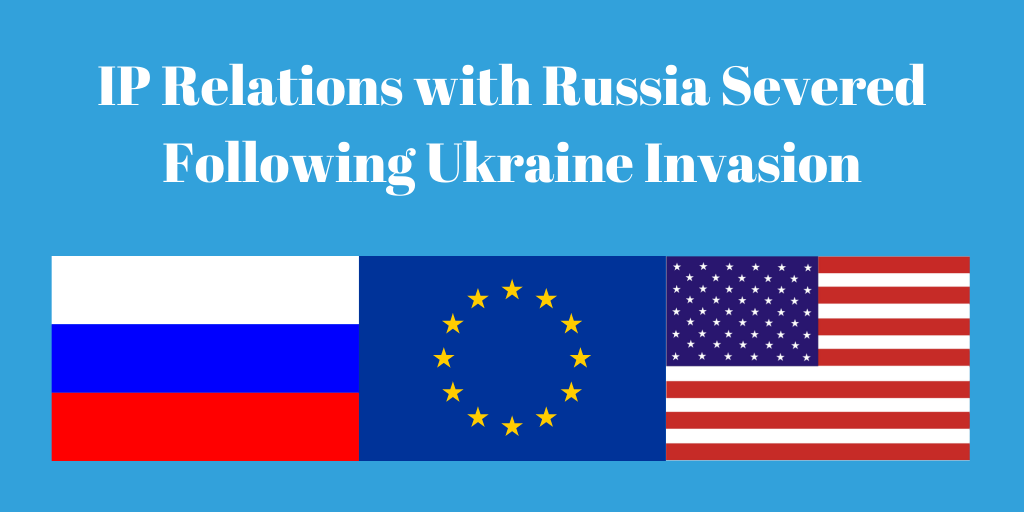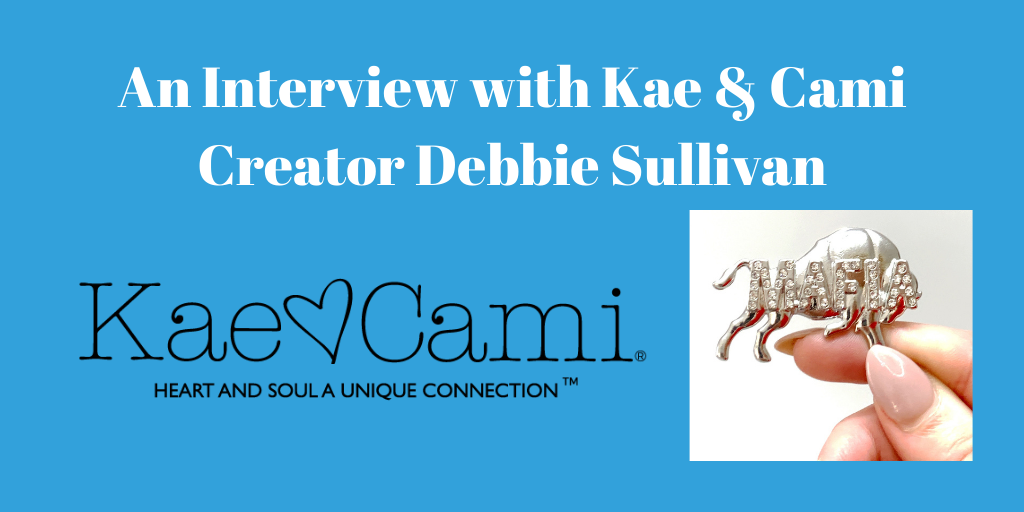The effectiveness of Inter Partes Review against Patent Trolls
Apple is probably one of the biggest producers of electronics to date. There’s no doubt that Apple generates a substantial amount of revenue with products such as the iPhone, Macbook, and iPad. However, when you generate a lot of money, you’re gonna attract some unwanted eyes. Apple, like many other large tech companies, constantly have to deal with non-practicing entities or “patent trolls.” And by no means is dealing with them cheap. Apple spends hundreds of millions of dollars each year alone to combat these trolls.
What are patent trolls?
If you’re not familiar with them, patent trolls are entities or businesses that own patents but do not produce goods or services. Instead, their primary method of generating money comes suing others for patent infringement. These entities constantly target the big companies in hopes that they can make money.
How to deal with trolls
Patent trolls can be dealt with in many different ways. Taking the case to court, settling, or using administrative proceedings are some of the common methods used to fight against these pesky trolls. Each method has different advantages and disadvantages. Lets take a look at each of the mentioned methods in more detail.
Litigation or taking the case to court
Litigation is one of the most common methods used against patent trolls. Both parties go to court and have a judge decide issues such as the asserted patent’s validity, whether there is infringement, and so forth. But patent litigation is extremely expensive, and I mean expensive. We’re talking about spending hundreds of millions of dollars to fight the case in court. Not only are the costs of litigation itself extremely high, a patent infringement case can take years to conclude. Thus, there’s a lot at stake when parties elect to take the case to court.
Settling
Settling is another method parties can use to settle the matter. Instead of going to court and fighting it out, the parties can instead negotiate and find a compromise. Settling can potentially save parties time and money. But at the same time, it can potentially encourage other patent trolls to try and sue to get settlement payouts. Even worse, the asserted patents could be invalid and parties could have avoided paying any to the other party at all if they just took the case to court.
Administrative Proceedings
Administrative proceedings are a third alternative that parties can use to resolve the issue. A new administrative proceeding, called inter partes review (or IPR for short) has been an effective tool in combating patent trolls. IPR is where administrative body called the Patent Trial and Appeal Board assesses the patent’s validity rather than the courts. IPR is generally quick and less expensive, although it’s still going to cost a pretty penny to pursue. Invalidating the patent will prevent the other party from asserting any patent infringement. After all, a valid patent is needed for patent infringement.
Apple’s use of IPR
Apple hasn’t had the best of luck in the past few months. Apple’s stock took a tumble and fell drastically in earlier weeks. Even though Apple has had it rough for the past few weeks, there was a little bit of good news for Apple. Apple and VirnetX has been in a contentious lawsuit that has lasted years, with VirnetX alleging that Apple infringed on it’s patents. Various sources and commentators deemed VirnetX a patent troll. But that didn’t stop a court in the Eastern District of Texas from affirming a jury verdict that awarded VirnetX $506 million dollars against Apple.
However, Apple filed for IPR with the Patent Trial and Appeal Board. The Appeal board found the patents at issue to be obvious and therefore unpatentable. The Federal Circuit Court of Appeals subsequently affirmed the Board’s conclusion that patent at issue were unpatentable as obvious.
Some other thoughts
Patent trolls are not only bad news, their practice actually undermines the purposes underlying patent law. Patent protection helps facilitate promoting the sciences and the arts. This idea is rooted in the Constitution, which says that Congress shall have the power to “promote the progress of science and useful arts, by securing for limited times to authors and inventors the exclusive right to their respective writings and discoveries.” Patents help promote the sciences and the arts by providing incentives to inventors to disclose their invention. This incentive comes in the form of protecting the invention so that the inventor can recoup their losses. Inventors would be hard pressed to disclose their invention if they couldn’t get any protection on it.
How do patent trolls go against this idea?
Patent trolls undermine this idea by not producing any goods and services. They are not adding anything to the public domain or overall knowledge of the state of the art when they sue large corporations for money. Instead, they deprive large corporations of money which could have been used to invest in research for new technology. That would then slow down the amount of progress that could have been made in introducing new technology.
What are your thoughts on patent trolls? What about Apple’s use of IPR to help invalidate VirnetX patents? Leave a comment below to let us know what you think!
Interested in more patents or IP? Here’s a video!
Sign up today!
Does this article interest you? Subscribe to the LoTempio Law email newsletter to receive posts and updates just like this conveniently in your email box!
If you’ve enjoyed this blog post, we have lots more where this came from, including an Inventors Guide Video Series where we help you turn your good idea into a profitable invention, and tons of other great content. Simply enter your email address and hit sign up and you’ll get everything, including blog posts like these, conveniently in your email box!
Have any questions? Give us a call at 1-800-866-0039. Consultations are FREE.
Disclaimer: This article is not legal advice. It is only for educational or entertainment purposes only. Please do not use the article or contents of the article without permission. For legal advice and questions, please contact registered Patent Attorney Vincent LoTempio.




